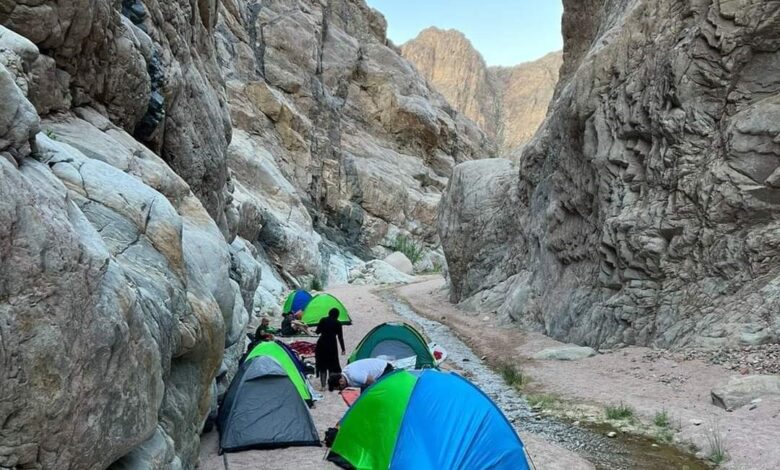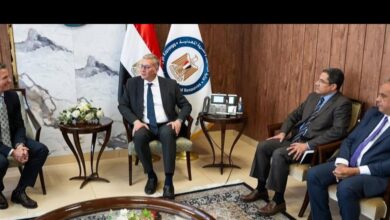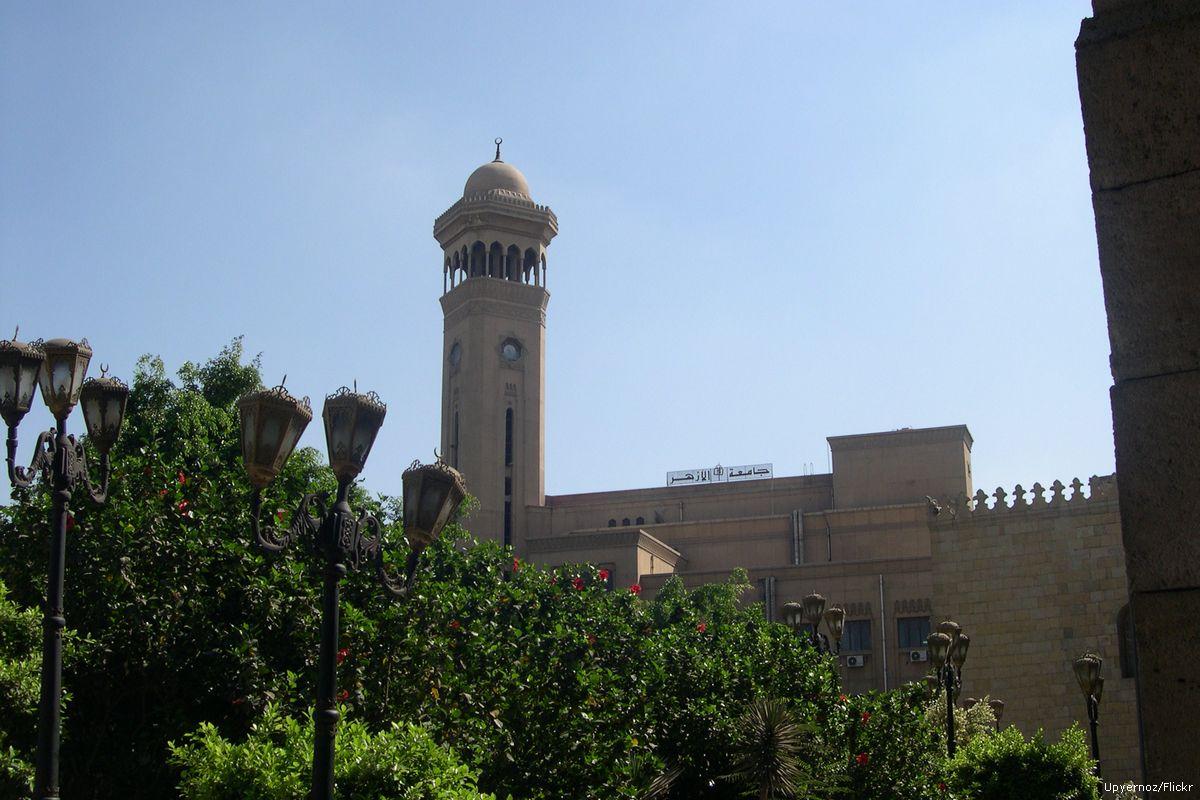
Life has returned to the mountain valleys of Saint Catherine in South Sinai a nearly ten year closure.
The Governor of South Sinai, Khaled Mubarak, in cooperation with the relevant authorities, has approved the opening of all the city’s valleys to tourism from both Egyptians and foreigners.
These include safaris, camping, and religious spiritualism tours that have long distinguished this exceptional spot.
The valleys that have been opened include Sheikh Awad, Talah, Zaghra, al-Tala’a, Gebal, al-Arba’een, al-Seba’iyah, and other natural trails that extend through the towering Sinai Mountains – considered among the most beautiful safari areas in the world.
Coinciding with this decision, tourist groups have already begun entering the valleys, which had been publicly closed for several years due to security and organizational reasons.
Officials involved in safari and camping tourism in South Sinai hailed this step as a new beginning toward strengthening St. Catherine’s status as a global tourist destination – one that combines environmental, spiritual and cultural characteristics.
The Governor of South Sinai confirmed that the decision to open St. Catherine’s Valleys came in response to the demands of the city’s Bedouin residents, who have a close cultural and economic relationship with these valleys.
The move also falls under the “Great Transfiguration” project, the governor explained, one of the state’s most important projects to promote St. Catherine as a capital of ecotourism, safari, and religious tourism.
It also seeks to highlight its position as a distinguished international destination due to the city’s significant religious symbolism, as a meeting place for the three monotheistic religions and is a sacred site on the spiritual map of the world.
Workers involved with mountain safari and camping tourism viewed the move to open up the valleys to tourism trips as more than just an administrative move, but a means of restoring the spirit of St Catherine and revitalize the Sinai valleys, which have long been a haven for those seeking inspiration and beauty.
They added that the decision opens the way for new investments in sustainable tourism and reintegrates Bedouin communities into development projects based on environmental conservation and cultural respect.
Edited translation from Al-Masry Al-Youm




